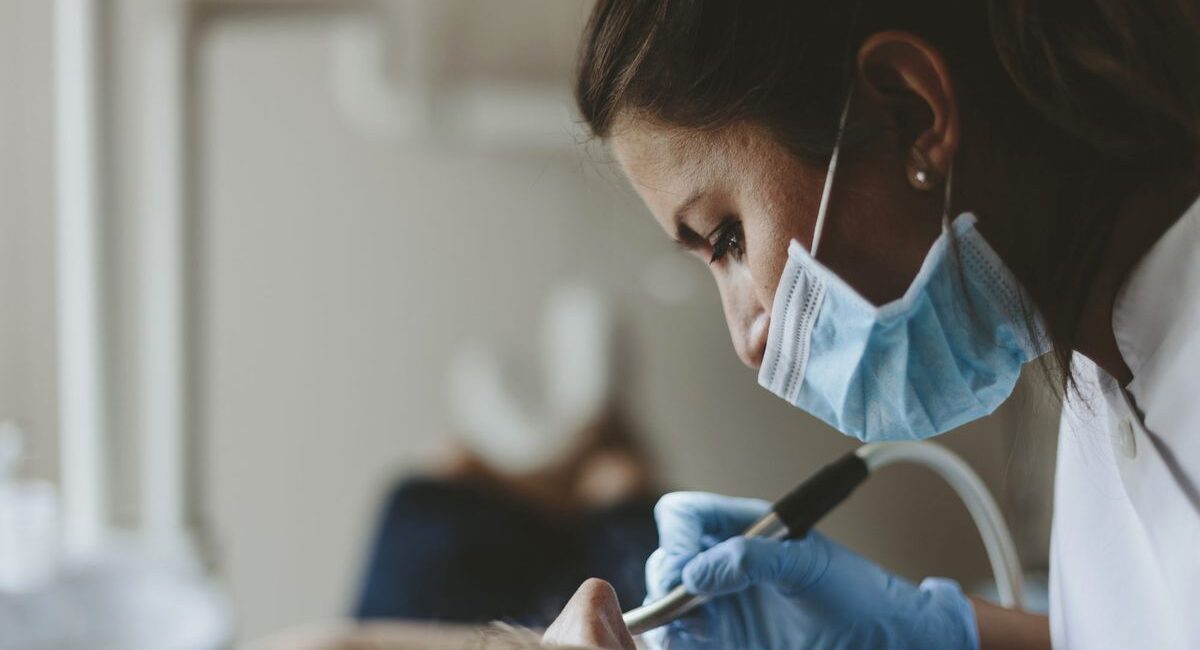
Regular dental examination forms an integral part of your oral hygiene. The dentist will detect various dental issues during an examination, and monkeypox is a concern. However, most dentists are well equipped to detect monkeypox during an investigation. This may present as a rash on the patient’s tongue and mucous membranes. Luckily, there are stringent hygiene measures in health facilities, and the health provider will follow strict protocols to curb infection control.
Understanding monkeypox?
Monkeypox is a rare viral disease caused by the monkeypox virus. It falls under the variola virus family and resembles the virus responsible for causing smallpox. It is also worth noting that its symptoms may be confused with smallpox but milder. The disease spreads through skin-to-skin contact but can be transmitted through sharing towels, sheets, or respiratory secretions.
Is there a risk of monkeypox for dentists?
Everyone is at risk of contracting monkeypox, and dentists are no exception. As a health provider, you handle different patients and can easily catch colds, flu, and other vital infections from patients. But, not everyone exhibits symptoms, and you can still spread the disease to others even if you don’t show any signs.
Dentists have a role in helping curb infection and the spread of the virus.
The best way to curb the spread of monkeypox among dentists include;
- Use of protective gear
Just like with Covid 19, protective gear like masks can minimize the risk of transmission. These can be worn by both patients and health providers alike.
The common requirements for health providers include wearing proper PPE, such as masks. The mask should cover your mouth and nose when attending to patients.
However, dental clinics’ hygiene is already prepared for Covid, HIV and Monkeypox, and dentists don’t have to put in extra measures to comply with monkeypox outbreaks.
- Cleaning spills& Stains
Spills and stains may pose the risk of monkeypox in case of saliva, mucus, or other body fluids from an infected patient. Proper and prompt cleaning can help avoid passing the virus to others.
Dentists are advised to maintain high cleanliness levels to reduce the transmission risk.
Disinfect all frequently touched surfaces to eliminate bacteria, viruses, and other disease-causing organisms. Moreover, avoid coming into contact with bedding and other contaminated materials.
- Proper handwashing
Disease-causing organisms such as bacteria and viruses are usually spread through coughing, sneezing, and talking within a short distance. You are also at risk of getting infected when you touch contaminated surfaces and touch your face. Therefore, dentists are often advised to ensure regular practice handwashing.
A simple handwash using clean water and soap is an excellent way of keeping bacteria and viruses at bay. Regular handwashing can help avoid colds, flu, Covid 19, monkeypox, and other medical emergencies. But guess what? Emergencies are good for business and can help enterprises adapt to the changing environment and tap into the available opportunities.
What are the common signs and symptoms of monkeypox?
Seek medical help if you exhibit the following symptoms;
- Fever
- Muscle aches and backache
- Chills
- Exhaustion
- Headache
- Swollen lymph nodes
- Sore throat, nasal congestion, and coughs
Final thoughts
Dentists have a risk of monkeypox during their work. This can be attributed to attending to different patients who may be infected with the virus. For this reason, it’s advisable to observe high levels of hygiene to curb infection and spread.


